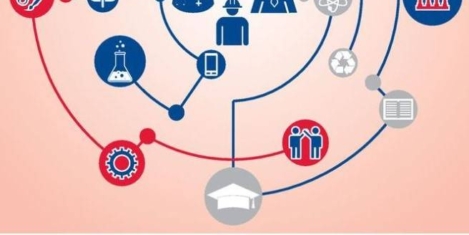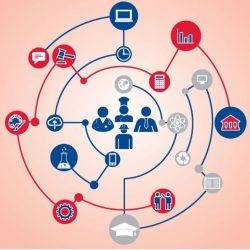January 19, 2018
You might be surprised at which nations work the longest and shortest hours
 The stereotype of certain nationalities as feckless while others are industrious is upended by new data from the Organization for Economic Cooperation and Development (OECD), which shows that Mexicans work significantly longer hours than anyone else in the world, the Greeks are the Europeans who spend most time at work while the Germans clock up the fewest hours of any of the 35 nations in the survey. In 2016, the average Mexican spent 2,255 hours at work, the equivalent of around 43 hours per week. Greeks worked the longest hours in Europe, at an average 2,035 hours per year with German workers putting in just 1,363 hours per year. The average UK worker, both employed and self-employed, put in an average of 1,676 hours.
The stereotype of certain nationalities as feckless while others are industrious is upended by new data from the Organization for Economic Cooperation and Development (OECD), which shows that Mexicans work significantly longer hours than anyone else in the world, the Greeks are the Europeans who spend most time at work while the Germans clock up the fewest hours of any of the 35 nations in the survey. In 2016, the average Mexican spent 2,255 hours at work, the equivalent of around 43 hours per week. Greeks worked the longest hours in Europe, at an average 2,035 hours per year with German workers putting in just 1,363 hours per year. The average UK worker, both employed and self-employed, put in an average of 1,676 hours.





































January 2, 2018
We need to stop talking about self-employment as a monocultural phenomenon
by Andrea Broughton • Comment, Flexible working
More →